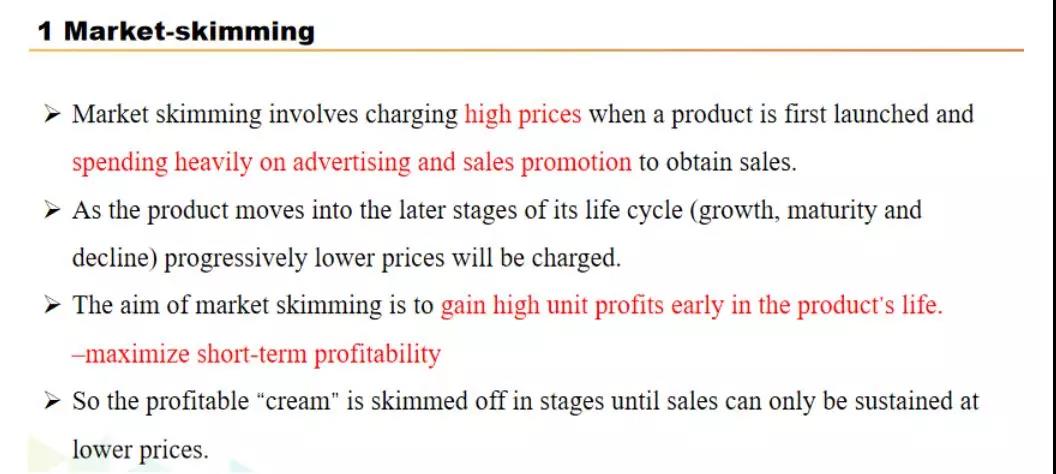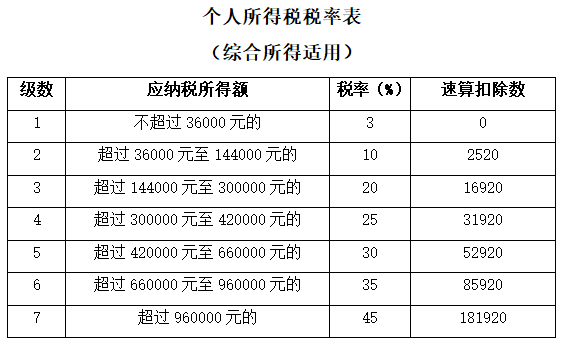
许多考生在看到文字题的时候,都不自觉的头疼。字多不是最痛苦的,最痛苦的是写了这么多,考官还不领情。今天我们来好好梳理下, 怎么答文字题,才是考官所需要的,而不只是仅仅把你所知道的一股脑儿往上写。
ACCA电子教材在考场上如何发挥作用,力加5分!ACCA电子教材 & 考试资料都是ACCA考试必备利器!ACCA电子教材领取,戳:ACCA电子教材【含内部讲义+冲刺押题】(限时免费)
落笔之前要有思路。除非是时间来不及,能写多少是多少的情况下,你就一股脑吧。但是在时间允许的情况下,大家要思考清楚再下笔。所谓的有思路,就是知道你的答案有那几个点,很多同学说发现自己写了一大坨,竟然全部都是在说一个point。
大家在碰到一些自己不确定在大脑里搜索不到相关的知识点的时候,也不能慌,可以准备瞎扯扯了。但瞎扯扯也请扯得思路清楚点,一个point一个point地写下来,这个道理就和你在四大面试的时候,考官问你一个问题,但你不能慌,要装作自己知道的样子思路清晰地说一些相关的东西。
请按照Analyse, Explain – clarify – Example的步骤来答题。
比如一道题目是这个样子滴:
provide a possible explanation as to why we have seen a fall in stock market prices in recent weeks and what impact this might have on economic growth in the UK .
首先要把题目的不必要的枝干去掉,确定我们要回答的“Why stock markets might fall + Impact on the UK”这两个问题。
然后我们就需要用analyze-clarify-example,来构建我的答题思路了。
分析——在分析的过程中,要把题目中的大问题打碎,变成一个个小问题,会更加容易理解,可以写的point也会增加。拿我们的例题来说,可以分成这样几个小问来回答:how much the stock market has fallen, over what period, what other events were happening at the same time, do we have any theories that could help or theoretical models we could apply etc.这样把问题分解之后,下手就简单很多,思路一下子就清楚了,再也不慌了。
解释——就是把你要回答的内容说清楚。想要做到清楚,就要罗列事实。比如说,你发现在股票市场下滑的同时,中国经济也有所下滑并且石油价格也下降了许多。这就为你提供了可描述的事实,这些都可能成为股票下跌和石油需求的降低。
除了给出事实以外,定义法也是一个可以明了地展现答题内容的方法。你可以叙述概念(要看你平时背得怎么样了)和这个概念相应的应用。
举例——这个就不用我多说了吧,建议大家举真实的例子。举真实的例子,可以展现出你对概念理解的深度还可以推进问题的进一步讨论,比如你还可以预测类似现象的再次发生。为了增加真实例子的积累,大家平时要多看一些世界经济新闻,了解动向,可以多看看经济学人这样的杂志,非常有帮助。
再比如说,imagine the impact of falling oil prices on an engineering company in the West Midlands,我们就可以说油价的下跌会导致交通费的下降,可以让消费者享受到更优惠的价格,从而刺激需求的上涨。
ღღღ
原文来自Kaplan的官网,水平有限,如有不足之处,欢迎指正。
It‘s great to be knowledgeable, but to pass an exam knowing the answer is often not enough. Questions set by examiners seek to do far more than identify people who “know stuff,” they want the student to prove understanding and that they can use the knowledge, not simply reproduce it.
The knowing doing gap
There is sometimes a disconnect between what you know and what you can explain. Have you ever said to yourself, “I know what I want to say but can’t find the words” or “what more can I say, I feel like I am just repeating the same point”. This may be the result of a lack of understanding and simply requires more study or it might be that you just need a better way to think about what you’re trying to do.
Analyse, Explain – clarify – Example e.g.e.g.e.g.
Imagine you’re faced with a question, it asks that you, provide a possible explanation as to why we have seen a fall in stock market prices in recent weeks and what impact this might have on economic growth in the UK . Often the first problem is knowing where to start, below are a few ideas that might help.
You will need a few headings to help give structure, these can often be found in the question, here for example we could use, Why stock markets might fall and Impact on the UK. Then under each heading think about analysing, explaining, clarifying and giving examples. These are not headings; they are to help expand on what you have been asked to do and give a perspective from which to think.
First you analyse – If you analyse something you break it up into smaller parts so as to gain a better understanding. For example going back to the question, perhaps we should identify exactly by how much the stock market has fallen, over what period, what other events were happening at the same time, do we have any theories that could help or theoretical models we could apply etc. By examining what you have found, something new and obvious may become clear.
Then you explain – an explanation is an attempt to make clear what you mean. One way of doing this is by making a series of statements. So for example, if you noticed that during the period in which we had the fall in the stock market, China’s economy also slowed and oil prices fell to unprecedented levels. This might lead you to make the statement – one of the reasons for the fall in stock market prices would appear to be the slowdown in the Chinese economy and the fall in demand for oil.
A subset of explanation is clarification. Definitions are a great way to clarify exactly what something means and in what context it is being used. Here for example we might want to include a definition of economic growth.
And finally the example itself, possibly one of the very best ways of explaining and a very powerful technique to demonstrate understanding.
Example “Metaphor’s forgotten sibling”. John Lyons
It may be a reference to a real world example. In the question we have to address the impact on the growth in the UK economy. If you gave an example of the last time oil prices were so low and what happened as a result you will not only be demonstrating breadth of knowledge but also moving the debate forward, suggesting perhaps that the same will happen again?
Real world examples demonstrate the complexity and unpredictability of real issues, and as such, can stimulate critical thinking.
Students learn by connecting new knowledge with their own prior knowledge and real-world experiences. Piaget et al
An example may also be a construct, something that you talk through to illustrate a point. For example, let us imagine the impact of falling oil prices on an engineering company in the West Midlands. A reduction in oil prices would result in lower transportation costs that could be passed onto customers in the form of lower prices, in turn this should increase demand.ACCA电子教材 & 考试资料都是ACCA考试必备利器!但是内功不同的同学使用,使用效果却千差万别!ACCA电子教材领取,戳:ACCA电子教材【含内部讲义+冲刺押题】(限时免费)


 QQ登录
QQ登录 微博登录
微博登录 微信登录
微信登录





















